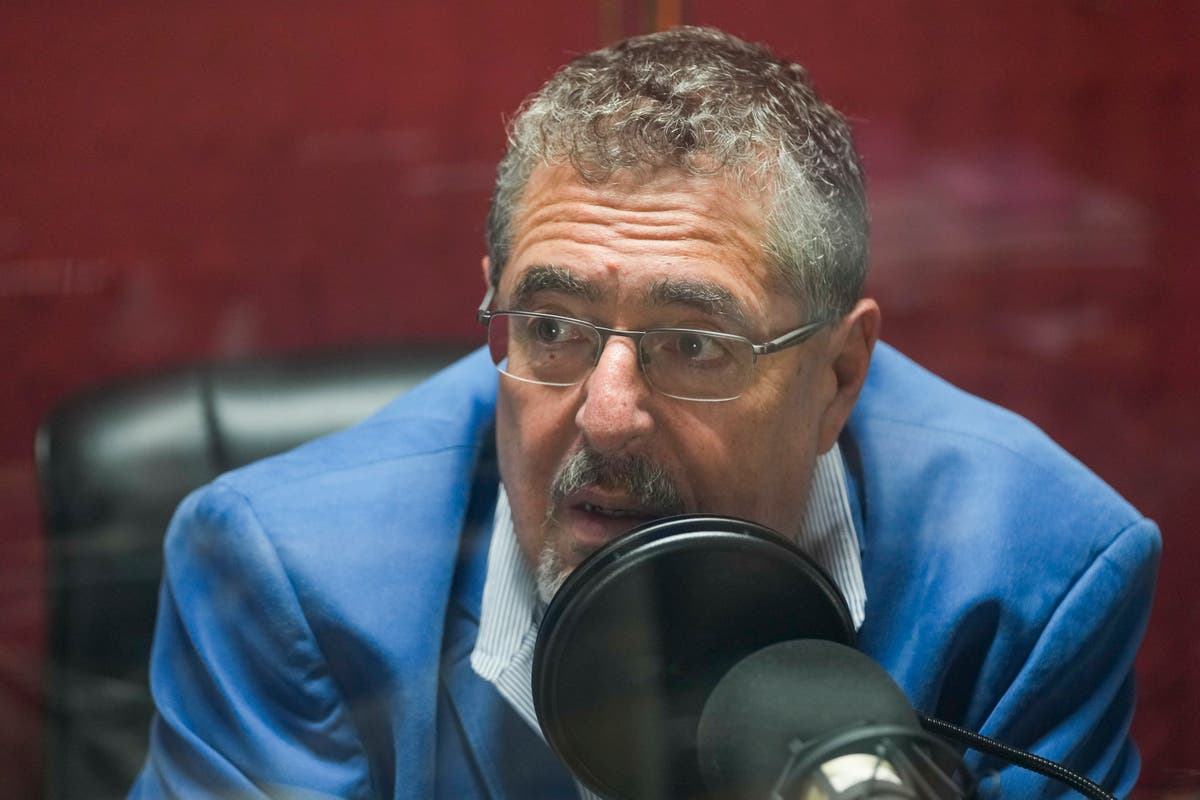
Guatemala’s electoral authorities on Wednesday certified the results of the country’s presidential election, setting conservative Sandra Torres and progressive Bernardo Arévalo up for a runoff vote. The decision came minutes after the Attorney General’s Office said a judge had suspended the legal status of Arévalo’s party.
The seemingly contradictory moves fed more than two weeks of rising tensions and suspicions. There were immediate calls for Guatemalans to take to the streets in protest and demonstrators began gathering outside the Supreme Electoral Tribunal.
It was not immediately clear how the situation would play out now that yet another court had intervened in Guatemala’s electoral process.
Rafael Curruchiche, the special prosecutor against impunity, said in a video statement that in May 2022 a citizen reported having his signature falsely added to the signature gathering effort of Arévalo’s Seed Movement party and that the Attorney General Office’s investigation also found 12 deceased people were included on its list of signatures.
The special prosecutor said there were indications that more than 5,000 signatures were illegally gathered for the party.
Curruchiche’s statement was released Wednesday while the country waited for a news conference scheduled by the Supreme Electoral Tribunal in which it was expected to certify the results of the June 25 election.
In the vote, Arévalo won the second-most votes, seemingly placing him in a runoff with Torres.
Guatemala’s election law prohibits the suspension of political parties between the official calling of the election and the election itself. With a second round of voting required because no candidate exceeded 50% of the vote, it appeared that the Seed Movement could not be suspended.
After the first round, losing parties had challenged the results and courts intervened to block certification of the results. Concerns grew that efforts were afoot to keep Arévalo out of contention.
This week, it appeared the demands imposed by the courts had finally been satisfied and electoral authorities said they were working toward certification of the results. But talk began to circulate on social platforms that another hurdle could be coming from the Attorney General’s Office.
The relatively new Seed Movement party had needed at least 25,000 signatures to form itself legally. Curruchiche suggested that not knowing where the party got the funds to pay signature gatherers left open the possibility of money laundering.
The details of the case were made known to the Supreme Electoral Tribunal in May, Curruchiche said.
In 2021, the U.S. government said that it had lost confidence in Guatemala’s commitment to battling corruption after Attorney General Consuelo Porras fired Curruchiche’s predecessor. Last year, the U.S. State Department added Curruchiche to its list of corrupt and undemocratic actors, alleging that he obstructed corruption investigations.
(backslash)(backslash)

